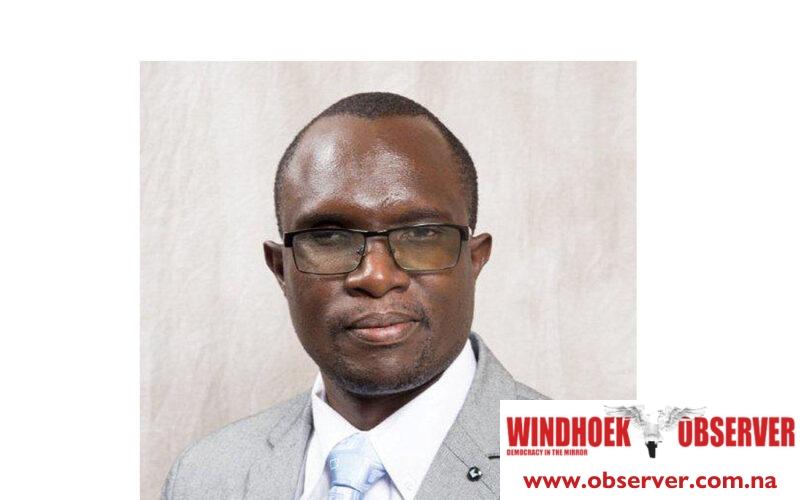Hertta-Maria Amutenja
National Council member John Likando, said curriculum change on Namibia schools has made a detrimental impact that led to the high failure rate of high school learners.
Likando was speaking in the National Council on Monday, asserting that the current curriculum’s extent makes it challenging for learners to chart their career paths effectively during the Namibia Senior Secondary Certificate Ordinary (NSSCO) and Advanced Subsidiary (NSSCAS) examinations.
“The change of the syllabus and subjects has caused major setback. With the current curriculum it makes it very difficult for the learners to prepare for their careers because the subjects are so wide,” said Likando.
He underscored the necessity of ample preparation and resources, including appropriate infrastructure, financial backing, and ongoing teacher training to ensure the successful implementation of curriculum reforms.
“In case of the current reforms, as observed by the committee, a few issues should have been considered. The physical infrastructure, financial resources, human resources and material support. When we look at what happened at the current reform, there was very little preparation in terms of ensuring that appropriation and relevant human resources are in place to implement the changes.
Equally so, the teachers were not prepared to understand the changes. Teachers’ preparation is very critical and should not be once-off but rather a continuous process,” he added.
Likando drew attention to the social issues affecting learner performance, such as discipline problems stemming from unstable family backgrounds.
He called for a collaborative effort involving educators, unions, researchers, and policymakers to address these multifaceted challenges comprehensively.
“Education is a collective responsibility that should not just be left to teachers alone. Unions, researches and scholars are at all times needed to make meaningful contributions to the education sector,” Likando said.
Approached for comment, Minister of Education, Arts, and Culture, Anna Ngiondoka, said while curriculum reform is essential, the focus should also be on enhancing teaching methodologies and addressing issues at the household level.
“When we talk of the performance of the system, let’s start at home first then school. The reform is what we want to have and want to implement to the best of our capability. The syllabus cannot make a child fail but rather how the children are taught, including those in the community,” she said.
Earlier this year the Standing Committee on Education, Science, Information Communication Technology and Youth Development presented a comprehensive report to the National Council, shedding light on the pressing issue of the high failure rates among learners at the NSSCO and NSSCAS levels for the year 2022 to improve education standards in the country.
The report, presented during the 11th session of the sixth National Council is the culmination of a meticulous investigation spanning selected regions across Namibia.
The investigation focused on identifying the root causes of the dismal performance of Grade 11 and 12 learners.




